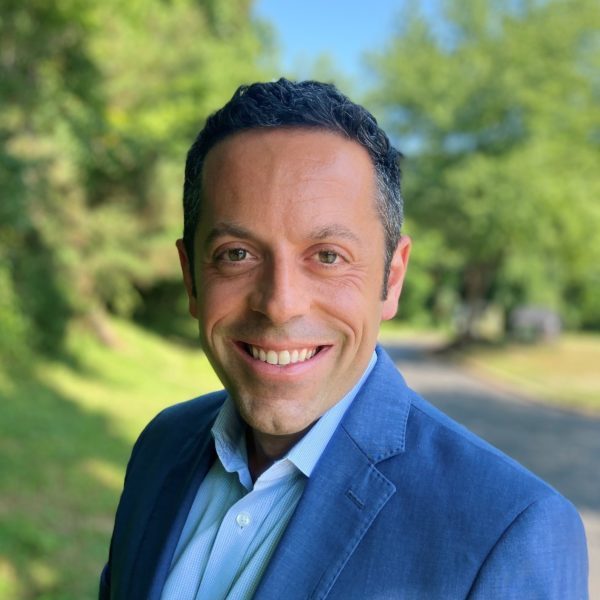“Seek not to understand that you may believe, but believe that you may understand.”
– Saint Augustine
We’ve been blessed to welcome a lot of new team members to Catholic Leadership Institute over the last few years. I was recently sitting in a meeting in which we were discussing some aspects of our ministry. A new colleague asked a question about how we handle a certain logistic. Without skipping a beat, I confidently described the steps needed. About halfway through my eloquent overview, I made eye contact with another more tenured colleague who was tactfully signaling to me that I had no idea what I was talking about. I invited my wiser team member to “add anything I was missing” and they did a much better job of correctly answering our new team member’s question.
I couldn’t believe how wrong I was. While the process I was describing was in fact the process at some point in the past, it hadn’t been that way for a long time. As I sat back and let the real experts lead the rest of the meeting, I couldn’t help but wonder: what else am I so certain about from past experience that may have changed? Every day I invite leaders in the Church to challenge their assumed constraints. In my life, leadership, and discipleship, what are the experiences, insights, or even relationships that might be easy to share but are out of date in meeting today’s moment? Is my confidence in my approaches or my beliefs based on a consistent and deepening pursuit of truth, or a convenient story that enables me to remain static and comfortable?
I decided that, as our organization continues to grow, I need to devote more time to learning how things really work despite my tenure. As we move into this next chapter of our Church, whether in our parishes, dioceses, or under the universal leadership of Pope Leo XIV, let’s recommit to finding freedom in following what’s true.
CLI serves Church leaders, helping them rediscover their potential and forming them to be more intentional with those they serve.
CLI helps empower and energize Catholic leaders by providing focus and courage to engage the culture with an apostolic mindset.
CLI provides vision and hope about the future of the Church with a humble, yet strategic approach.
News and updates from Catholic Leadership Institute that highlight announcements within the organization, our team, or our partners.



